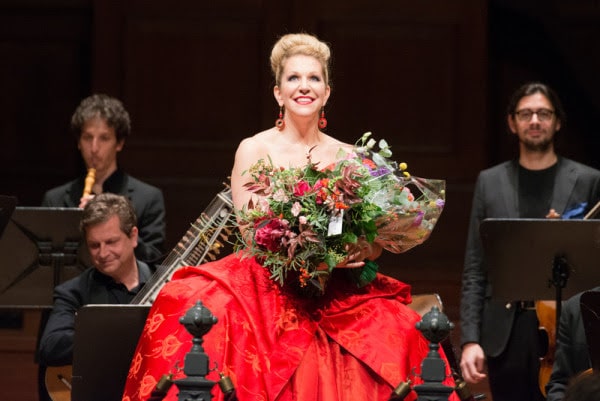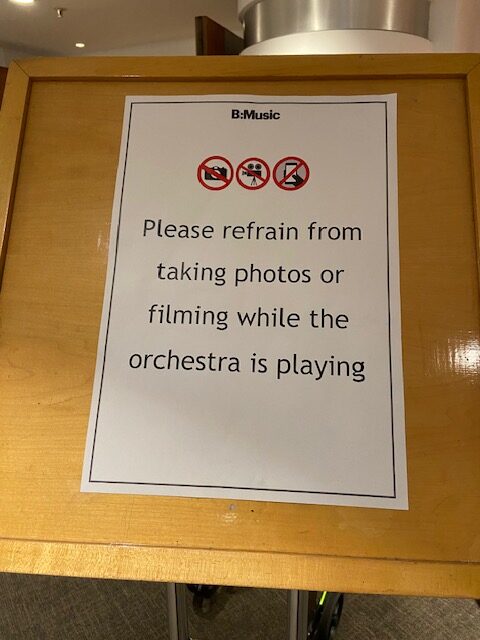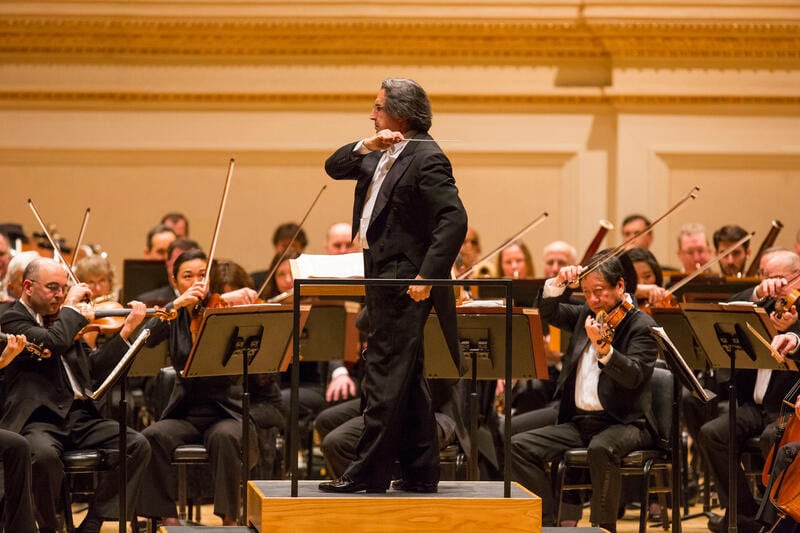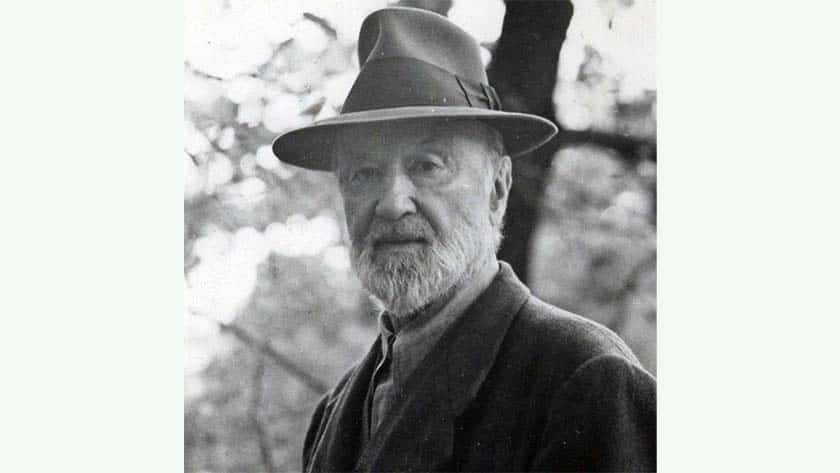Russian opera singer says anti-gay law is ‘hurting our artists abroad’
mainThe first sign of artistic dissent within Russia to the anti-gay laws has been articulated by Maria Maksakova, a mezzo-soprano working at the Mariinksy Theatre and a member of a celebrated operatic dynasty. At the Mariinsky, she has sung orabella (Cosi fan tutte), Cherubino (Le nozze di Figaro), Frugola (Il tabarro), The Composer (Ariadne auf Naxos),Nicklausse (The Tales of Hoffmann) andEboli (Don Carlos). Maria, 36, is also a presenter on Kultura TV and a member of the state parliament for President Putin’s United Russia party (according to her Wiki entry).
In a video forum, she spoke out against the ‘extremely negative consequences’ of anti-gay laws. She added: ‘Those artists, who are now in Europe, perform in various theaters around the world, and our wonderful colleagues come across great difficulties of discriminatory character, because they get thrown out from the performances and orchestras.’
Here’s the video clip:






I don;t speak Russian, so the quoted extract from her statement is meaningless to me. “…they get thrown out from the performances and orchestras…” — who has been thrown out of performances? of orchestras? Is she saying Europeans are breaking Russian contracts in a backlash against Russian policies?
Please clarify what you are trying to tell us, or what she is trying to tell us.
She isn’t saying that the law is bad, she is saying that the WORDING of the law is wrong.
in other words, the implication of her statement is that the law should be “worded” in a more acceptable fashion, but she sees no issue with the law itself.
http://www.huffingtonpost.com/2013/12/26/maria-maksakova-russia-gay-law_n_4505128.html
“I’m not against our family values, but couldn’t we take ‘non-traditional’ out of this law through amendments? And expand the law, so that any harmful propaganda of a sexual character to minors became inadmissible … foreigners don’t see anything past the word ‘Non-traditional’ and the Russian artists trying to work abroad can’t just explain that this is not discrimination, but instead the public’s attempt to protect the children. Once they see this first line of the law, they are not all curious to see what the law is really intending to convey.”
She STILL wants the law in effect, as indicated by the 2nd sentence quoted above.
Her statement is the same thing as if she had said “let’s not call the law anti-gay, let’s call it pro-children”. Six of one, half a dozen of the other.
I beg to disagree with Mikey on his understanding and interpretation of Maksakova’s speech. The HuffPost translation of her speech is HIGHLY INACCURATE – I can state this as Russian is my first language and Russia is the country of my birth (and former citizenship).
The singer was trying to address the issue of this horrible law altogether, but she had to do it in a very typical Russian round-about way, especially since she is a woman and a liberal (at the end a man loudly says: “This is the first time we hear from a liberal!”).
The main point here is: she was speaking to a company of homophobic power-driven males. There is no way for a woman to address the issue of homophobia directly in that culture; she would not be taken seriously at all. She did it in the most diplomatic way that was available to her.
What she proposed was: REWORD (read: ‘CHANGE’) the law so that it states that Any harmful information of sexual nature (read: pornography) cannot be dispensed to minors – by Any person, period. She is trying to change the law from being anti-gay to anti-pornographic.
(By the way, she alludes that the law itself is not new, just the AMENDMENT to it is new = the words “non-traditional”.)
She mentioned the unspeakable ‘Volgograd incident’ (the anti-gay murder) and it was in THAT context that she said: “THEY don’t see anything past the word ‘Non-traditional’” — she meant the Russian homophobic brutes! There was no mention of the word ‘foreigners’ – I have no clue how her sentence could be translated as “Foreigners don’t see anything past the word ‘Non-traditional”. She was speaking of the atmosphere of homophobic distrust and brutality that is pervasive in Russia and now is being exacerbated by this law.
In order to strengthen her ‘very liberal’ position, she could only speak as a mother and an artist. It is in that context that she gave examples of how this law affects Russian musicians working abroad (= very negatively). [They] “come across great difficulties of discriminatory character” means: Some lesser established Russian musicians are being fired from operatic productions (=singers) and orchestra positions (=instrumentalists) because they are being associated with the homophobic Russian stance (which showed itself so amply in this law). The bigger stars, she said, are not being fired, of course, but have to march through picket lines where they are being viciously attacked by the media (example of Gergiev) and even physically (Netrebko had “various objects thrown all over her”).
I hope this helps to bring more clarity on this post by Mr. Lebrecht.
Thank you, Julia.
This is very interesting, and it is good that Julia Bushkova (above) clarified certain misunderstandings/inaccuracies of the HP report translation. It is also good to know that voices of dissent are getting heard in Russia at such a high level of public exposure. One hopes that Maria Maksakova is allowed to continue her criticism and publicly push for change without hindrance.
One thing that strikes me as rather disturbing is the report of Russian artists being discriminated against in other countries. Surely this is not a good thing, and only serves to bring disrepute to our so called liberal stance (in western society in general) when it comes to human rights, gay rights etc.
It is one thing to criticise Russian (or other) artists who, for reasons best known to themselves, refuse to publicly acknowledge the vagaries of the Russian law, or who are unwilling to openly come out against it. It is something else to discriminate against them! If organisations/orchestras/theatres begin refusing their Russian artists work or even sacking them, just because of the Russian government’s own discriminatory laws, then surely it just becomes a “tit-for-tat”, and serves no purpose at all.
The many Russian artists living and/or working in other countries (the vast majority of whom have none of the public profile of their compatriots such as Gergiev or Netrebko) should not be held responsible for the actions of their government, but rather they should be encouraged to publicly voice their opinion (whatever that opinion may be) and take part in the debate. And this encouragement should be given in the knowledge that, unsurprisingly, any Russian speaking out publicly against this particular law will most likely be heavily criticised or even censured emotionally, professionally and possibly physically in some way back home in Russia.
here is some thought…just to play devils advocate….. how many musicians, singers, conductors ect. who are being discriminated against for not being gay or fitting the profile or loli-pop flavor at this moment in time?……. woops… I am sure there are more then a few since most of the business is run by the gay community………seems as if Russia’s Machos are lashing out at them… just a thought.
She’s been a member since 2011 of the very government (and party) that voted this law into existence?
The law was passed in summer 2013?
Unanimously?
Which means she VOTED FOR the law.
Excuse me if I don’t believe Julia’s take on this.
This singer is no heroine, she’s a double-talking PR shill for Putin.
This woman seems to have fingers in a few too many pies. What sort of operatic career can she have when she is a television presenter AND a member of state parliament? WHat is getting short shrift here? And is there not a conflict of interest between presenting on TV (unless she does Children’s Hour) and being an MP equivalent? Despite Julia’s very useful contribution, which is consistent with much that I have read of Russian methods of dealing with bureaucracy and law, Mikey’s observation is well taken: she voted for this, which makes her comments sound more like justification than the obfuscation that Julia suggests.
So she voted for this heinous law and is now criticising it. What a hypocrite.
Everyone does what they need to do that is why this business is so full of fakes and dishonesty.
The artists are faced with either being shunned by the world of arts for being anti gay or being shunned by there countrymen for not playing with the Russian culture at large. Trust me, and I am sure some Russians would agree here, the average Russian is very racist not just about homosexuality but religion, race and color.
I think the arts community should understand the problem and instead of making things worse for the artist by putting them in a position of answering on their position, should leave them be so that they don’t have to come in conflict with the situation. any free thinking person in the modern world already knows the correct answer and on the whole most artists are beyond the issue.
There are no easy answers…what is really important…… art ? today hardly.
When a person changes her mind in some fairly subtle ways, it does not necessarily show hypocrisy but perhaps an ability of thinking self-critically.